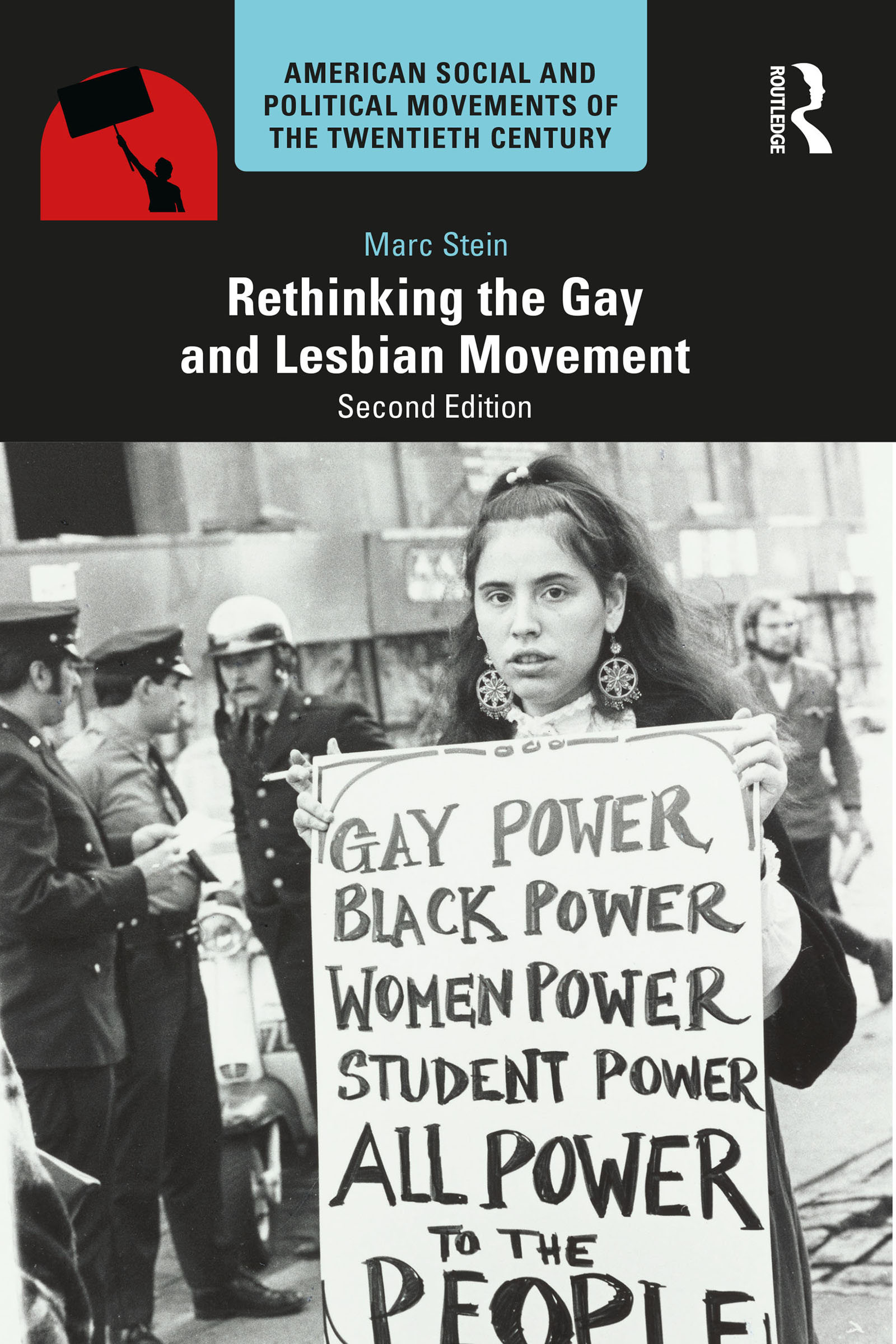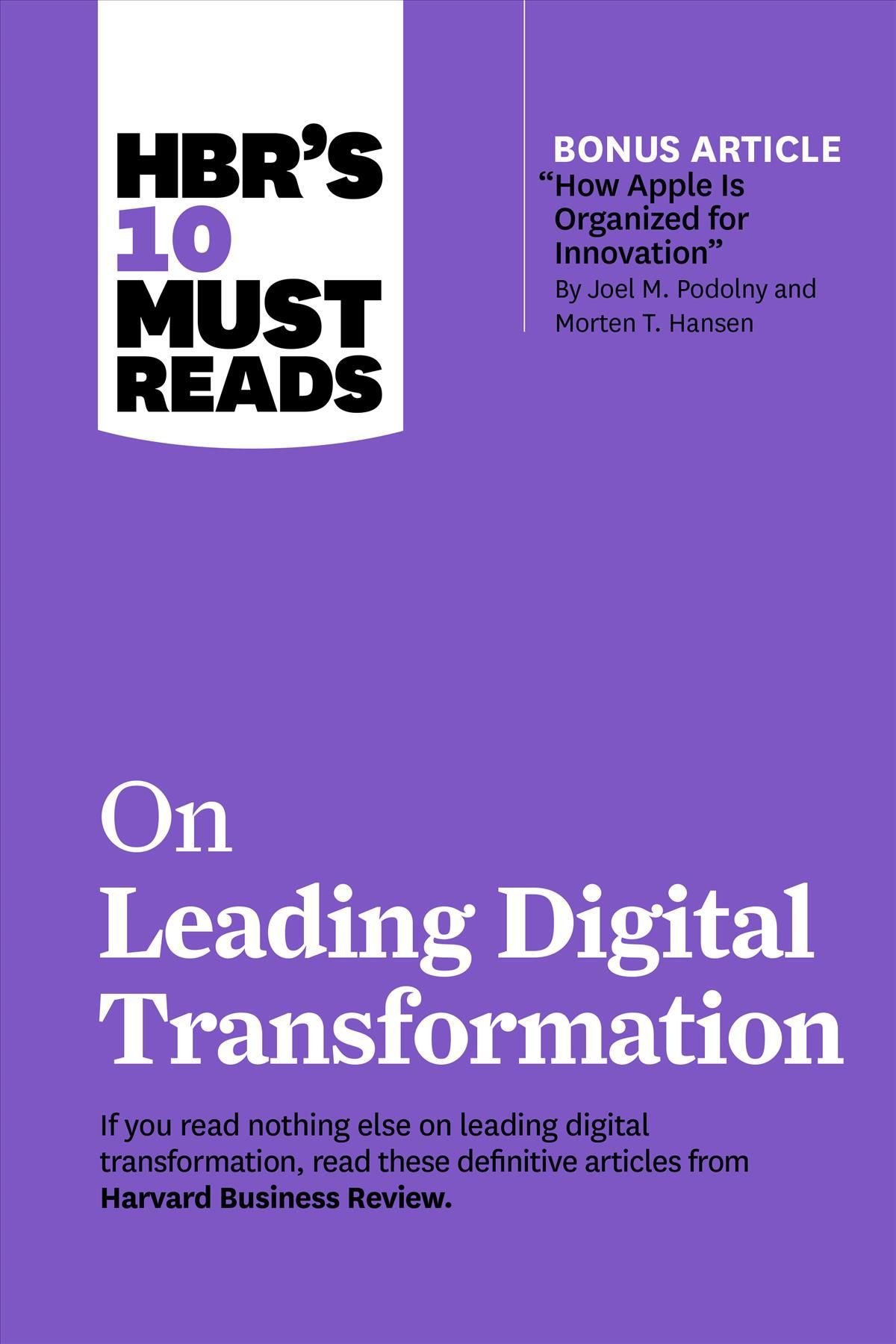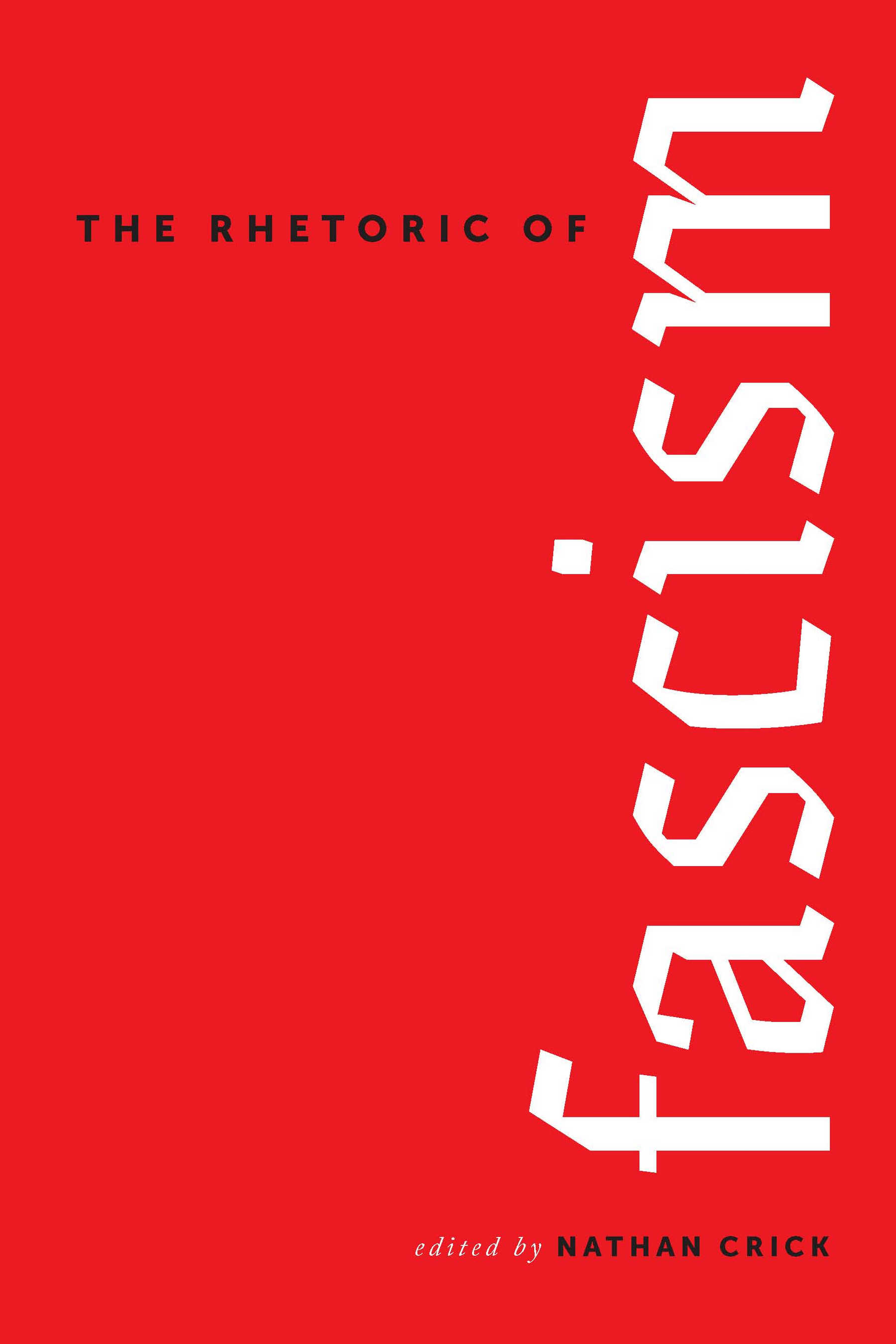For too many students, mathematics consists of facts in a vacuum, to be memorized because the instructor says so, and to be forgotten when the course of study is completed. In this all-too-common scenario, young learners often miss the chance to develop skills-specifically, reasoning skills-that can serve them for a lifetime. The elegant pages of Teaching Mathematical Reasoning in Secondary School Classrooms propose a more positive solution by presenting a reasoning- and discussion-based approach to teaching mathematics, emphasizing the connections between ideas, or why math works. The teachers whose work forms the basis of the book create a powerful record of methods, interactions, and decisions (including dealing with challenges and impasses) involving this elusive topic. And because this approach shifts the locus of authority from the instructor to mathematics itself, students gain a system of knowledge that they can apply not only to discrete tasks relating to numbers, but also to the larger world of people and the humanities. A sampling of the topics covered: Whole-class discussion methods for teaching mathematics reasoning. Learning mathematical reasoning through tasks. Teaching mathematics using the five strands. Classroom strategies for promoting mathematical reasoning. Maximizing student contributions in the classroom. Overcoming student resistance to mathematical conversations. Teaching Mathematical Reasoning in Secondary School Classrooms makes a wealth of cutting-edge strategies available to mathematics teachers and teacher educators. This book is an invaluable resource for researchers in mathematics and curriculum reform and of great interest to teacher educators and teachers.












